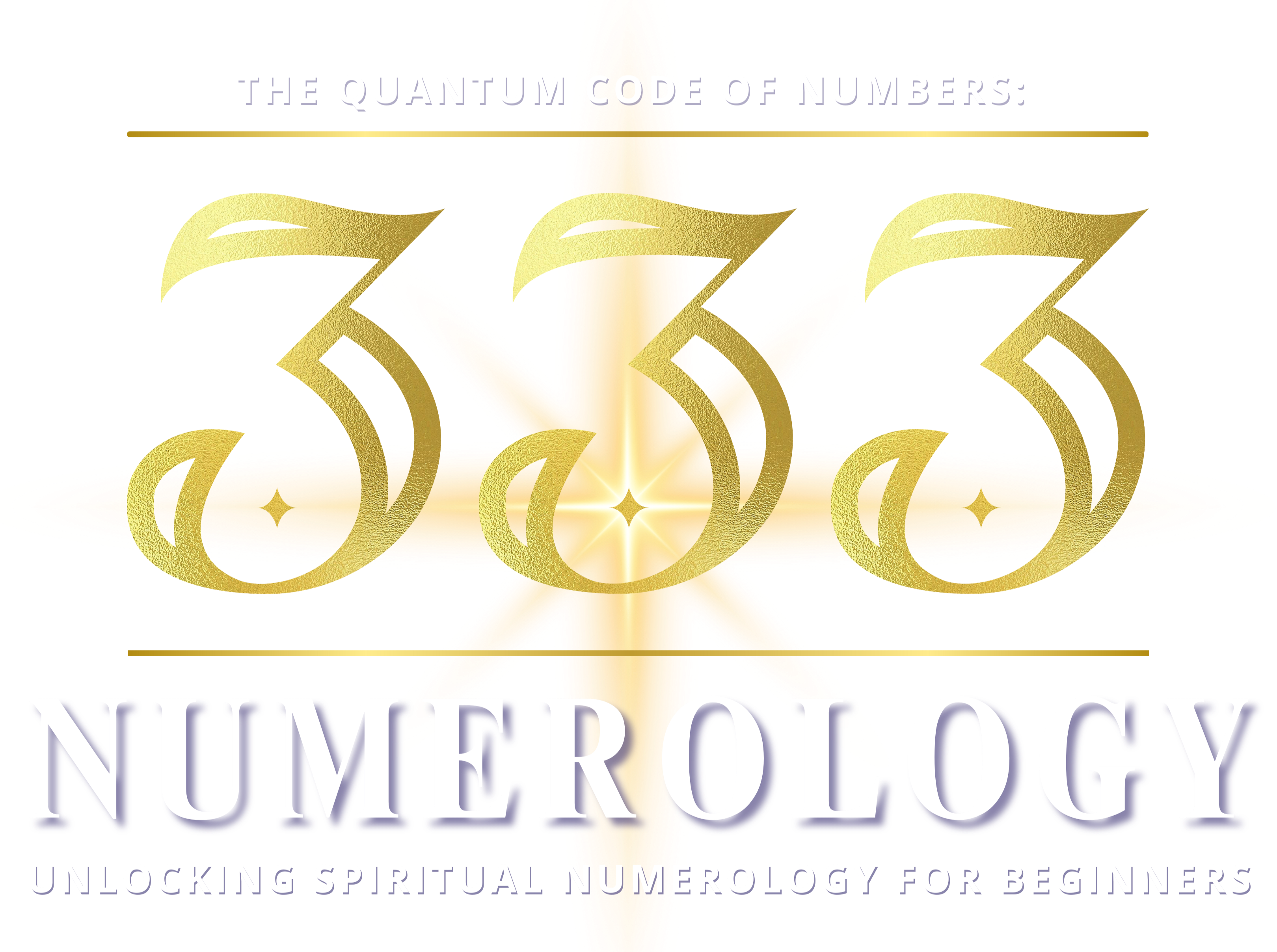Numerology and the concept of a “code of the universe” have been explored, directly or indirectly, by several philosophers throughout history. Some delved into the mystical or symbolic significance of numbers, while others explored the idea of a hidden order or code governing the cosmos. Here’s a list of key philosophers who have addressed these ideas:
1. Pythagoras (c. 570–495 BCE)
- Philosophy: Pythagoras is often regarded as the founder of numerology, as he believed that numbers are the essence of all things. He and his followers (the Pythagoreans) held that reality could be understood through numerical relationships, and they explored the mystical properties of numbers.
- Key Ideas: Pythagoras is famous for the idea that the universe operates on numerical harmony. He believed that numbers like 1, 2, 3, 4, and their ratios (such as in musical harmony) reflected a hidden order in the cosmos.
- Numerology Connection: The concept of the “harmony of the spheres,” where celestial bodies emit music based on their distances, is linked to the idea that the universe is governed by a divine code expressed through numbers.
2. Plato (c. 428–348 BCE)
- Philosophy: Plato’s metaphysical works often reference the idea of an underlying order in the universe, which he believed was rooted in ideal Forms. Numbers, especially geometric forms, played a significant role in his philosophy.
- Key Ideas: In his dialogue Timaeus, Plato discussed the concept of a world soul that structured the cosmos based on geometric principles. He viewed the universe as having a mathematical structure, particularly through the use of sacred geometric shapes like the Platonic solids.
- Numerology Connection: Plato’s emphasis on the mathematical structure of reality and his belief in a cosmic order governed by numbers aligns with the mystical and numerological interpretation of the universe.
3. Plotinus (c. 204–270 CE)
- Philosophy: Plotinus was a Neoplatonist philosopher who built on Plato’s ideas and introduced a mystical framework for understanding the universe. He believed in a hierarchical cosmos emanating from “The One,” with numbers playing a role in its structure.
- Key Ideas: Plotinus emphasized that the universe emanates from a single source and that the nature of this emanation can be understood through mathematical patterns and numbers.
- Numerology Connection: His work influenced later numerologists and mystics, as he believed numbers were integral to the cosmos and reflected a deeper metaphysical truth.
4. St. Augustine (354–430 CE)
- Philosophy: Although primarily a Christian theologian, St. Augustine incorporated elements of Platonic and Pythagorean thought into his writings.
- Key Ideas: Augustine believed that numbers held divine significance and were part of God’s design for the universe. He saw numbers as symbolic and metaphysical representations of the order established by God.
- Numerology Connection: Augustine spoke of the symbolic meaning of numbers like 7 (perfection) and 12 (completeness), which resonates with numerological traditions.
5. Nicolas of Cusa (1401–1464)
- Philosophy: A German philosopher and theologian, Nicolas of Cusa explored the notion of an infinite universe and the concept of divine mathematics. He believed the universe had a hidden structure that could be grasped through mathematical relationships.
- Key Ideas: His idea of the “coincidence of opposites” and the infinite nature of God included mathematical and numerical speculation about the structure of reality.
- Numerology Connection: Nicolas of Cusa’s metaphysical reflections often involved numerological ideas, viewing the universe as a mathematical expression of divine will.
6. Johannes Kepler (1571–1630)
- Philosophy: Kepler was a mathematician, astronomer, and philosopher who sought to understand the universe through the lens of mathematics and geometry. He believed the cosmos was designed by a divine intelligence using geometric laws.
- Key Ideas: Kepler’s “Music of the Spheres” built upon Pythagoras’ ideas, proposing that the planets move in harmonious orbits, governed by mathematical proportions. His work laid the groundwork for celestial mechanics.
- Numerology Connection: Although primarily a scientist, Kepler’s fascination with numbers and geometric harmony in the universe suggests a belief in a numerological code governing celestial bodies.
7. Rene Descartes (1596–1650)
- Philosophy: Descartes is best known for his rationalist philosophy, but he also speculated about the mathematical nature of the universe.
- Key Ideas: Descartes believed that the universe could be described entirely in terms of geometry and mathematics. His approach to knowledge, where everything can be reduced to numbers and measurements, aligns with numerological principles.
- Numerology Connection: Descartes’ idea that everything in the universe follows a mechanistic, mathematical order mirrors numerology’s belief that numbers underpin reality.
8. Gottfried Wilhelm Leibniz (1646–1716)
- Philosophy: Leibniz was a German philosopher and mathematician who developed binary numbers, which form the basis of modern computing. He also believed in a pre-established harmony in the universe.
- Key Ideas: Leibniz’s work in binary code is particularly interesting in the context of numerology. He saw binary (the numbers 1 and 0) as representing a cosmic duality and a metaphysical code underlying reality.
- Numerology Connection: Leibniz’s vision of a universe governed by mathematical codes resonates with numerological thinking, especially in his belief that reality could be reduced to simple, binary relationships.
9. Carl Jung (1875–1961)
- Philosophy: Jung was a Swiss psychiatrist and philosopher who explored the symbolic and archetypal meanings of numbers, particularly in the context of his theory of synchronicity.
- Key Ideas: Jung saw numbers as archetypal symbols, carrying meaning that connected the unconscious mind with the cosmos. He believed that certain numbers, like 3, 4, and 7, appeared with significance in dreams, mythology, and religious traditions.
- Numerology Connection: Jung’s exploration of the symbolic power of numbers ties into numerology’s belief that numbers have deeper, mystical meanings beyond their quantitative aspects.
10. Manly P. Hall (1901–1990)
- Philosophy: Manly P. Hall was a mystic and philosopher who wrote extensively on esoteric traditions, including numerology, sacred geometry, and the hidden order of the universe.
- Key Ideas: Hall believed that numbers carried spiritual and metaphysical significance and that understanding them could unlock the secrets of the universe. He wrote about the role of numbers in various mystical traditions, including Pythagoreanism and Kabbalah.
- Numerology Connection: Hall’s works directly address numerology, and he saw it as a key to understanding the divine architecture of the universe.
Common Themes Across Philosophers:
- Divine Order: Many of these philosophers, particularly Pythagoras, Plato, and Kepler, believed that numbers represent a hidden, divine order in the universe.
- Symbolic Meaning: Philosophers like Augustine and Jung explored the symbolic or archetypal meanings of numbers, believing that numbers carry deeper truths beyond mere quantities.
- Mathematical Harmony: Sacred geometry and the mathematical structure of the universe were central to the thinking of Plato, Kepler, and Leibniz, who saw numbers as the code that governs the cosmos.
These great thinkers, though from diverse traditions, all touched on the idea that the universe operates according to a mathematical or numerical code, a concept that resonates with the core tenets of numerology.





